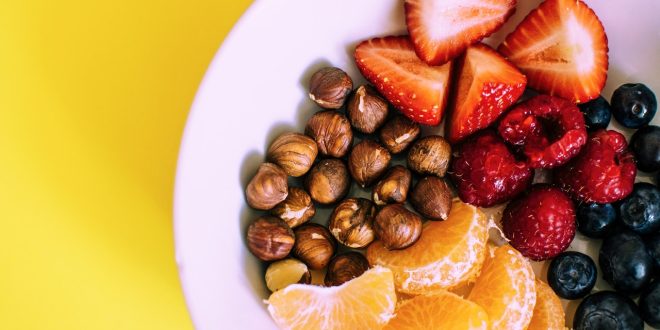There are all kinds of things that can negatively affect our sleep quality. One big culprit is the types of foods we eat – particularly late in the evening and right before bedtime. Certain foods that are difficult to digest or contain stimulating ingredients can be especially disruptive. The key is to recognize what foods bother you and try to avoid them after a certain hour. Cutting out these culprits could help you have a more peaceful night’s sleep and more effective healing. Below are just some of these foods that are best avoided (and what to consume instead).
Candy
 Sugar is a source of quick energy, and so anything that is full of sugar is not ideal to eat at bedtime. Consuming candy late at night could make it difficult to get to sleep or could lead to sleep disruption once you are asleep. Therefore it’s best to trade in the sugar for other healthy snacks.
Sugar is a source of quick energy, and so anything that is full of sugar is not ideal to eat at bedtime. Consuming candy late at night could make it difficult to get to sleep or could lead to sleep disruption once you are asleep. Therefore it’s best to trade in the sugar for other healthy snacks.
What are some good substitutes? If you’re craving something sweet, why not try eating fruit or a date – while these fruits do contain sugar, it is a natural form that the body recognizes and more easily deal with. Some sweeter foods like citrus fruits, tart cherries, and bananas contain high levels of melatonin (the sleep hormone), helping to improve sleep quality. Alternatively, if you need that candy texture, you could try CBD gummy sweets. CBD is known to relieve stress and promote sleep – you can buy CBD online and explore various gummy options. Other sleep supplements are also edible in gummy form, but make sure not to overdo the dosage.
Chocolate
Chocolate isn’t just rich in sugar, but also rich in caffeine. This results in a double-whammy effect, increasing insulin and cortisol levels, making sleep more of a challenge. If you’re prone to poor sleep quality, try to avoid eating chocolate late at night. As mentioned with candy substitutes, the likes of nuts and cherries could be good options. When it comes to replacing hot chocolate, consider options like herbal teas or hot milk. Herbal teas help to reduce cortisol levels and make you more relaxed. Milk on its own is a great source of many sleep-promoting nutrients including tryptophan and melatonin.
Cheese
 The idea that ‘eating cheese before bed gives you nightmares’ is mostly an old wive’s tale, however, there is a small element of truth to it. While cheese may not necessarily give you bad dreams, many strong and aged cheeses can result in poorer sleep quality due to a chemical called tyramine that makes us more alert.
The idea that ‘eating cheese before bed gives you nightmares’ is mostly an old wive’s tale, however, there is a small element of truth to it. While cheese may not necessarily give you bad dreams, many strong and aged cheeses can result in poorer sleep quality due to a chemical called tyramine that makes us more alert.
Not all cheese is created equally, and some cheeses may not be so bad before bed. Mild cheeses that have not been aged typically don’t contain much tyramine, while containing a lot of tryptophan (which helps sleep quality). Just try to avoid eating these cheeses with salty crackers, as the salt can also negatively affect sleep quality by raising blood pressure.
Spicy Food
Spicy foods are not always a good option before bed because they can cause indigestion and acid reflux. Spicy food can also raise body temperature, which can result in discomfort and frequent wake-ups. I recommend avoiding any foods that are too spicy or overly stimulating to the digestive system. If you must, eat these foods earlier in the day and stick to milder foods later at night.
Chips
Potato chips are a bad bedtime snack for a variety of reasons. Studies have shown that greasy foods like potato chips can promote sleep disturbances and even nightmares. They’re also difficult to digest while we’re asleep. This takes energy away from what the body is meant to do at night such as healing and regeneration. On top of this, chips are typically covered in salt – eating lots of salt raises blood pressure and can be stimulating.
Swap out chips for healthier snacks like nuts, seeds, or simply choose to only take in liquids past a certain hour. Personally, I almonds, pistachios, and cashews because they taste wonderful, are crunchy, and are rich in magnesium and melatonin.
 Women's Life Link Be Well, Be Happy, Be YOU!
Women's Life Link Be Well, Be Happy, Be YOU!




